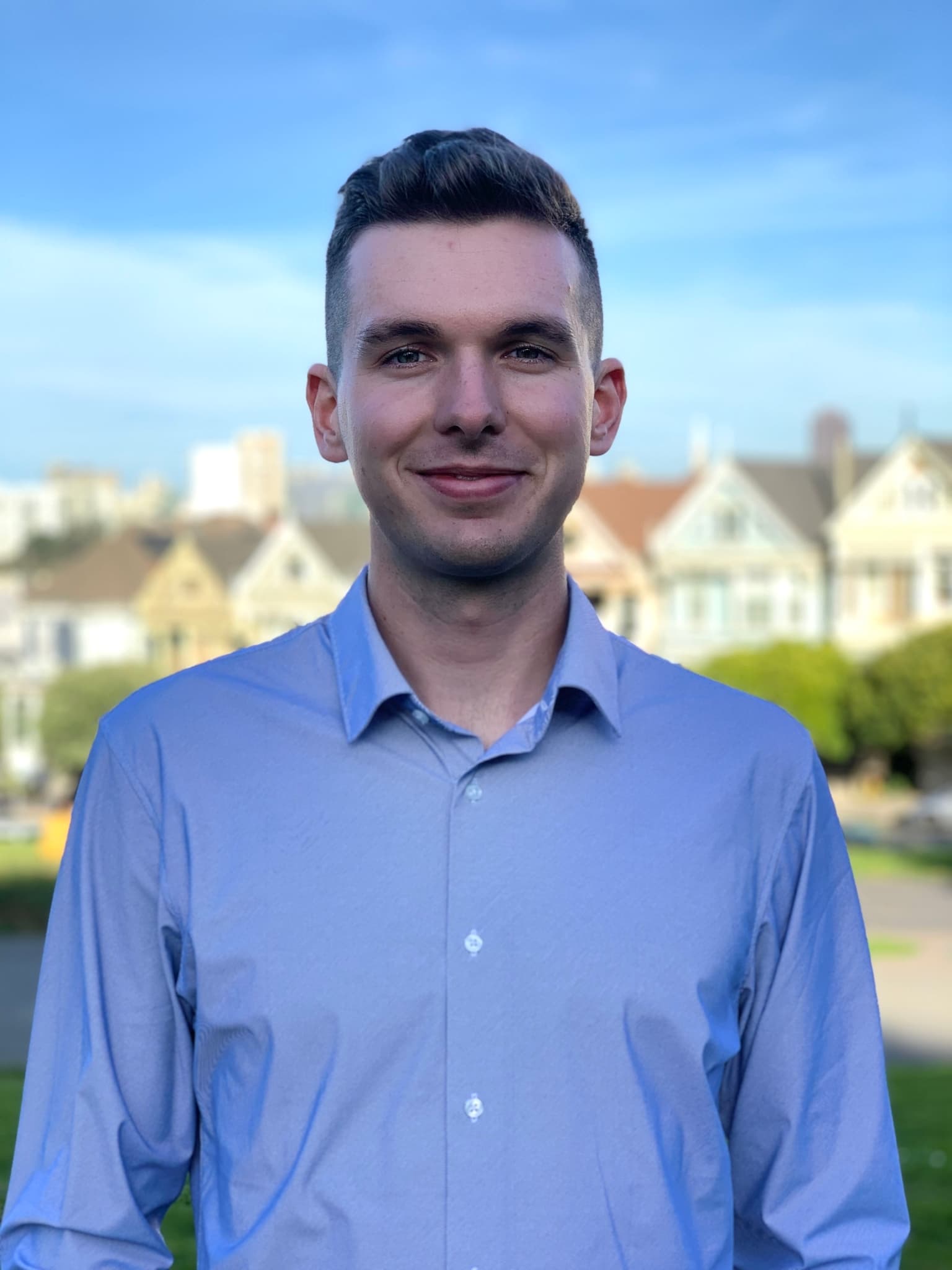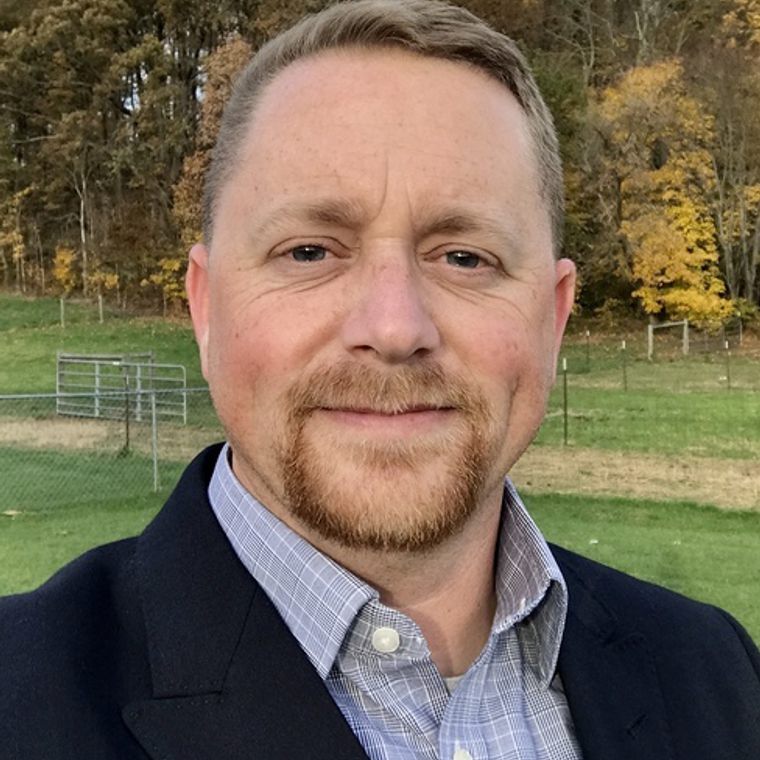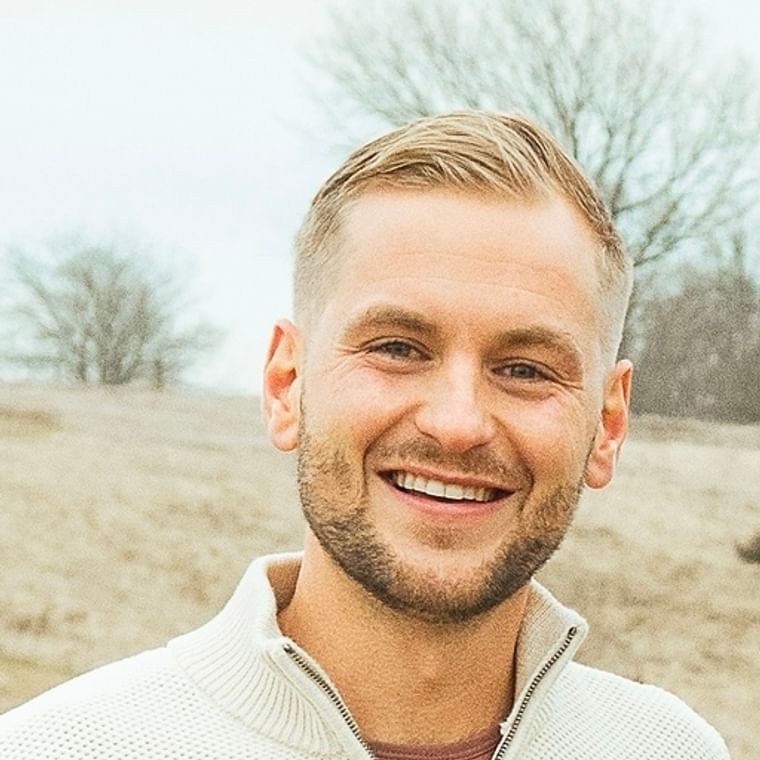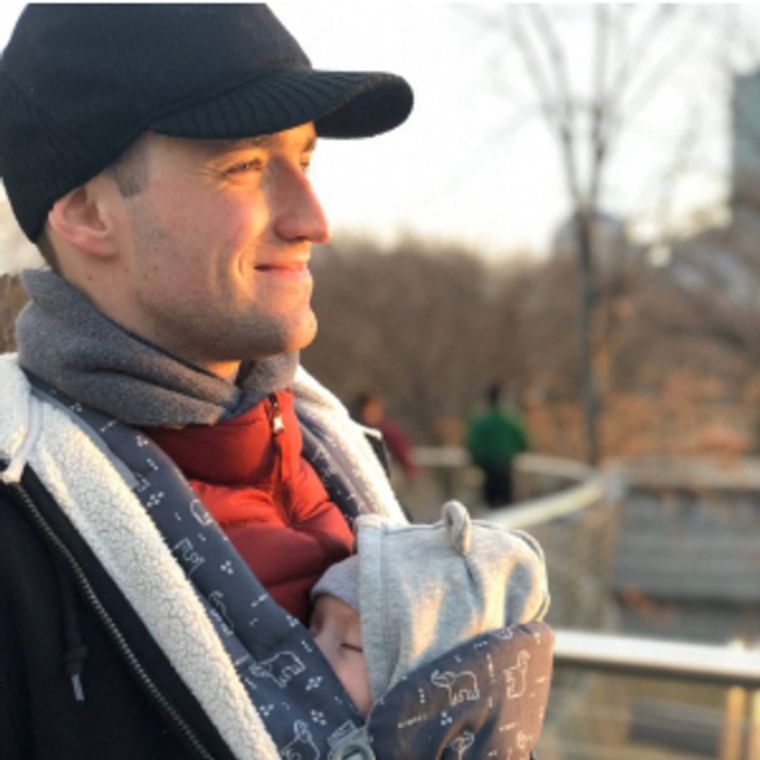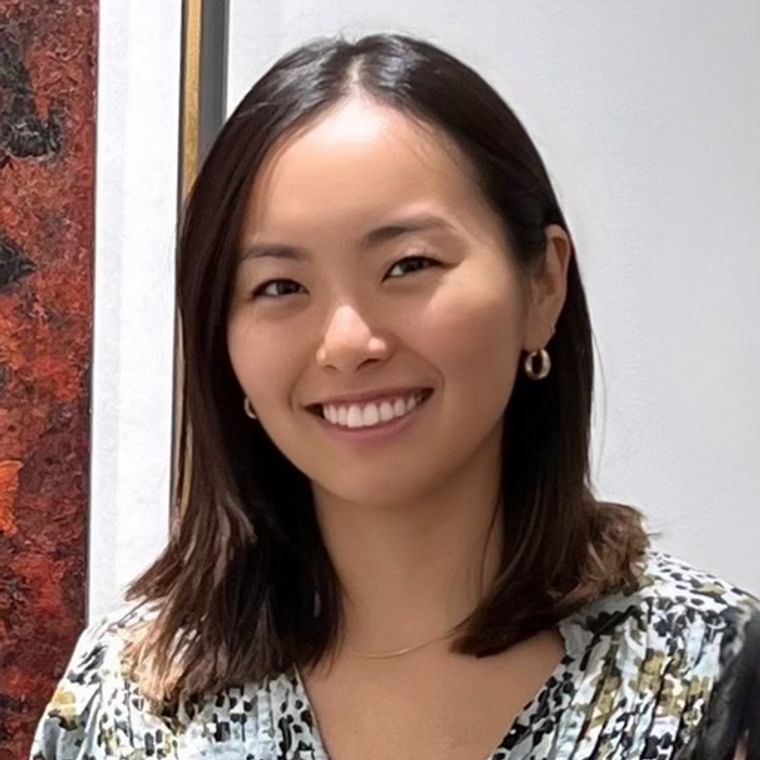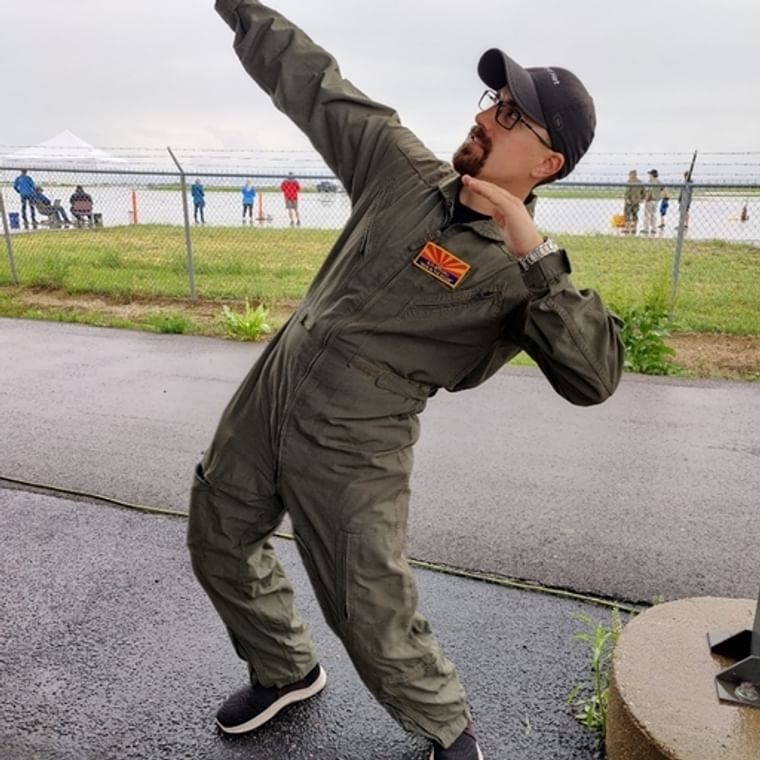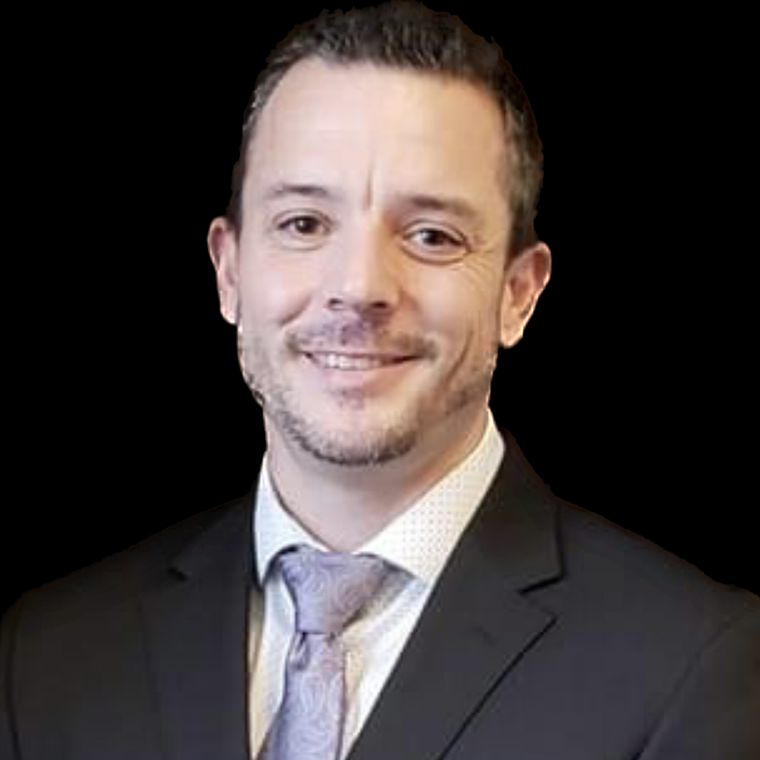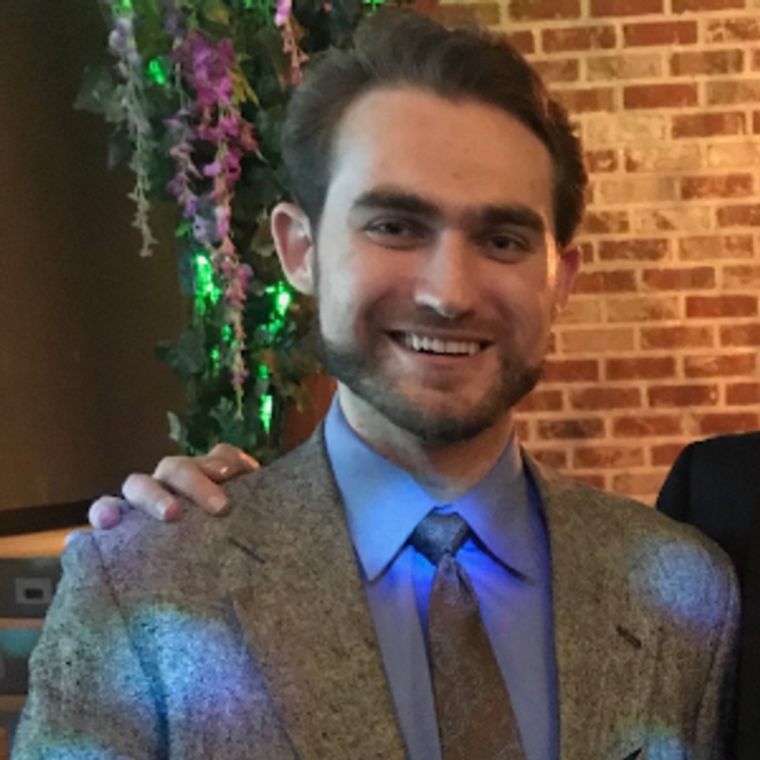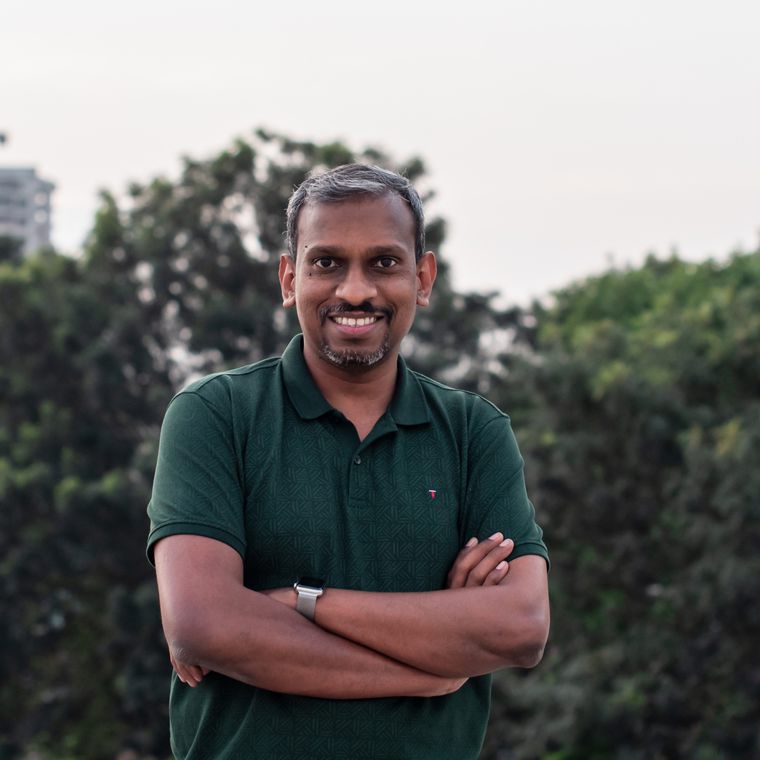Abnormal Voices: Meet Bradley Whitlock, Staff Software Engineer
Describe yourself in three words.
Sporty, Adventurous, Friendly.
Tell us about your role at Abnormal.
I am currently focusing on enabling the Abnormal product to be deployed in new environments such as the U.S. government and new countries around the world. My responsibility is ensuring the Abnormal platform can scale to handle many new environments without affecting customers or burdening engineers.
What does a typical day look like for you?
I spend a lot of my time assisting and mentoring other engineers and doing my best to see around corners. I am always trying to anticipate new problems and ensure we can stay ahead of them. I try to prototype solutions for others using AI and encourage engineers to treat any mechanical task as an "AI solvable problem."
What’s unique about the technical stack or infrastructure you work with?
In order to enable the entire product to work in all new environments, I have to have a working knowledge of every product and service at the company. The breadth I have enables me to have foresight into problems and prevent unanticipated issues.
What’s one project you’re especially proud of?
In a hackathon back in 2022, I started our REEL platform, which has become the primary interface for writing all the detection rules in our product today. This tool is critical to evaluating the performance of new models online and offline, providing owners with RBAC controls for rule authors, and enabling us to quickly correct customer-reported false negatives and false positives.
How do you use AI in your work?
AI has enabled us to turn scripts into internal tools. I also used AI to build a data-lineage solution for all our offline datasets. On a daily basis, I use AI to perform repetitive tasks through a series of custom prompts and commands.
What excites you most about the future of AI in your role?
Being able to perform complex bulk operations on the codebase without having to ask other engineers to assist. Given some guidance and guardrails, AI can make system-wide changes that will aid in the velocity and quality of platform-wide migrations that are necessary for our product to scale.
Tell us about your career journey at Abnormal.
From the first group of interns when there were only 25 employees to being here now when there are over 1,000, it has been incredible. A quote I remember from Kevin Wang when I was an intern is, "raising tides raises all ships." The growth of Abnormal has forced me to develop, evolve, take risks, take ownership, fail, and just be the best engineer I can possibly be. I got tremendous support from my managers, other engineers, and the CTO. But personally, what I think contributed most to my growth was that Abnormal never constrained it. When one door closed, another one opened. From a junior engineer on a small team to starting my own team (MADE), to becoming the tech lead for that team, to owning the FedRamp project, and now leading Cellular Architecture, there was always an opportunity challenging me to reach the next level in my career so far.
How do you stay connected with your team in a remote environment?
I worked in San Francisco for four years and tried to go into the office weekly there. Now I live in New York, where I go into the office two to three days a week. I enjoy the lunchtime conversations and quick design discussions I can have with the engineers there. I’ve also been part of team offsites in Seattle, San Francisco, and Dallas, which have been great.
What’s your favorite aspect of the engineering culture at Abnormal?
There are always new opportunities to take on if you are ambitious enough to try. As a junior engineer, I saw things fail often. This was really helpful in the long run as I now know what to expect and what doesn’t work.
Anything else about you or your role you’d like to share?
Working at Abnormal has been demanding, but it’s given me incredible opportunities—allowing me to work from six different countries and seven U.S. cities. It’s been rewarding to see the products I helped build evolve and be improved by the next generation of engineers. Only at Abnormal could I scale our data pipelines from one production region to three, and from 100 GB/day to 17 TB/day.
I’m especially proud of the culture my manager and I created on the MADE team, where three of our five engineers were among the top contributors to the monorepo last quarter. Above all, my goal is to make life easier for every other engineer at the company—that’s what drives me every day.
______
Abnormal is a place where engineers don’t just build products - they build careers. If you’re excited by the idea of growing alongside a company that challenges and supports you at every step, check out our open roles.
